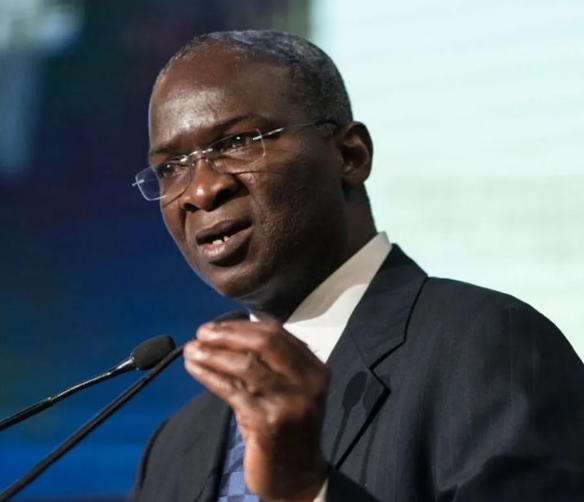By Jemimah Wellington, JKNMedia Reporter
FORMER MINISTER of Works, Raji Fashola (SAN), has voiced strong opposition against the growing demand for Nigeria to revert to a parliamentary system of government.
He criticized proponents of this change, arguing that they lack a deep understanding of Nigeria’s political history while speaking at the 30th-anniversary celebration of Yusuf Ali & Co (Ghalib chambers) in Ilorin, Kwara State,
Fashola drew attention to the tumultuous past experiences with a parliamentary system, and highlighted the social unrest and political instability that culminated in a devastating civil war.
He then urged for a thorough examination of the factors contributing to the failure of the parliamentary system and questioned whether these issues have been adequately addressed.
The amiable former Governor of Lagos State also contended that calls for a shift in the system of government often stem from economic hardships and proposed that restructuring could be achieved through constitutional amendments rather than a complete overhaul of the system.
He affirmed the importance of instilling confidence in the government’s capacity to provide economic assistance as a means to deter calls for system change.
Warning against disregarding the lessons of political history and the potential consequences of reverting to a previously failed system, Fashola advocated for a liberal democracy that guarantees an improved quality of life for all Nigerians emphasizing the need for equitable distribution of resources to tackle the underlying causes of dissatisfaction.
Additionally, Fashola urged for a reduction in the excessive cost of governance within the existing federal structure instead of advocating for a return to a parliamentary system.
Rather, he emphasized the importance of enhancing public education on political processes to prevent misguided calls for system change and promote a more informed citizenry.
While wrapping-up his talks, Fashola recommended maintaining the current federal arrangement while addressing governance inefficiencies, cautioning against hastily transitioning to a different system that may not effectively address Nigeria’s underlying challenges.





